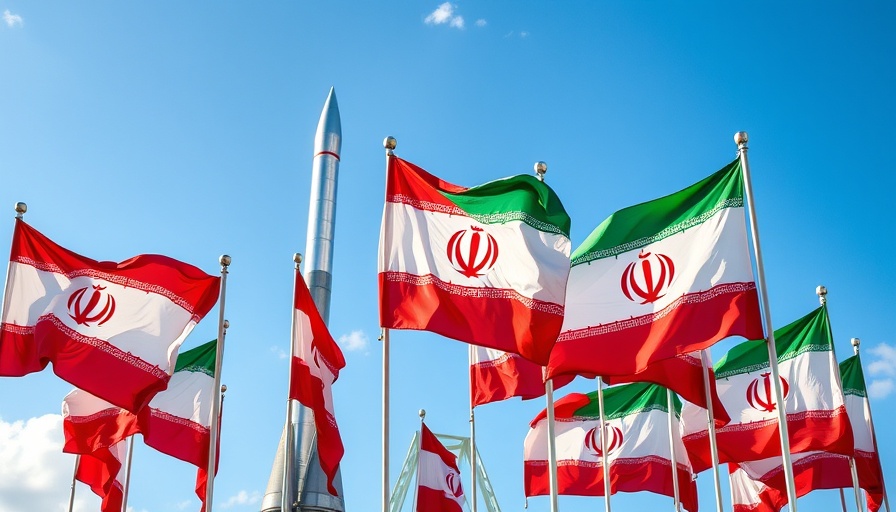
Understanding the Risks: Gaza's Future at Stake
In recent discussions surrounding the Gaza Strip, a looming question arises: Could Israel's current strategy pave the way for a 'Hamas 2.0'? As a globally aware audience, especially those engaged in humanitarian efforts and interfaith dialogue, it is crucial to reflect on how these unfolding events might affect not only local communities but also global perceptions of faith and justice.
Historical Context: Lessons Unlearned
Israel’s past experiences in Lebanon and Gaza offer a cautionary tale. Historically, military interventions without considering the political ramifications have led to unintended consequences, such as the establishment of militant groups. The hope to replace Hamas with a more favorable regime could backfire, similar to instances that have led to escalated tensions and violence in the region.
Potential Consequences of a Power Shift
Should Israel install a new governing body in Gaza rather than collaborating with the Palestinian Authority, experts warn of the potential for further instability. This could result in a vacuum of power that allows militant groups to rise again. For a mission-minded Christian audience, this scenario is deeply concerning, as it signals ongoing humanitarian crises and suffering for innocent civilians caught in conflict.
Keeping the Focus on Peace and Humanitarian Aid
As concerned global citizens, it becomes imperative to prioritize peace and aid initiatives rather than military solutions. Following the model of interfaith dialogue and cooperation from various religious institutions can offer paths toward resolution and reconciliation.
Empathy in Action: The Role of the Global Community
For advocates of the persecuted church and humanitarian efforts, the crisis in Gaza requires a compassionate response. Engaging in outreach, education, and advocacy can empower those affected and foster a collective movement toward peace. Understand that human rights and dignity should always come first, transcending borders and faiths alike.
Making Meaningful Changes Through Advocacy
The importance of advocacy cannot be overstated. By bringing communities and decision-makers together, Christians and social justice advocates can strive for policies that support peacebuilding efforts rather than exacerbating divisions. Collaborative efforts can combat misconceptions that lead to further strife and conflict.
Final Reflections: A Call for Conscious Engagement
As developments unfold in Gaza, it is essential for mission-minded individuals to stay informed and advocate for compassionate solutions. The crises faced by the people of Gaza are not isolated. Global engagement is vital to ensuring that the lessons of the past lead to actions aimed at healing rather than further conflict. Together, we can seek paths that foster understanding and goodwill among all communities.
If you are inspired to take action, consider supporting organizations focused on humanitarian aid and peace-building efforts in the region. Your engagement can make a significant impact in bringing about a just and peaceful resolution in Gaza.
 Add Row
Add Row  Add
Add 








 Add Row
Add Row  Add
Add 

Write A Comment